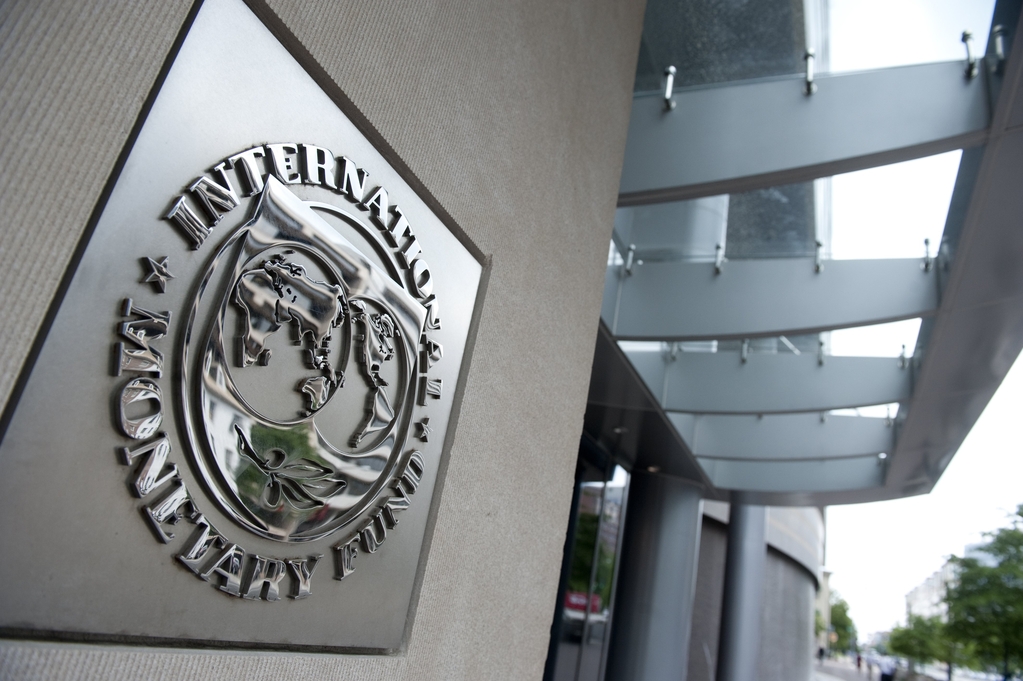The Ministry of International Cooperation aims to secure $15bn in loans to cover 50% of the $30bn funding gap. The loans will come at $5bn a year over three years, said Minister Sahar Nasr said.
The ministry has succeeded in securing nearly $3.8bn from donors out of a total target of $5bn for this fiscal year, Nasr said in an interview with Daily News Egypt—which will be published in full in a special supplement to be issued alongside the Euromoney Conference on 19 September.
The $5bn this year, Nasr said, will be directed to 20 projects in different development sectors, such as electricity and sanitation. The loans will be financed by the World Bank and the African Development Bank (AFDB), among others.
She pointed out that 25% of the World Bank loan has been received. This part, amounting to $550m, is planned to be spent on sewer projects. Another 25% has also been received and directed to social housing. The AFDB has disbursed $550m of a total loan of $1.5bn.
Egypt is seeking to bridge its funding gap through different channels, including loans from the International Monetary Fund (IMF), the World Bank, and the African Development Bank, in addition to offering treasury bonds on international markets and obtaining deposits from Gulf countries such as Saudi Arabia and the United Arab Emirates.
The minister rejected the criticism put against her that International Cooperation loans will carry many burdens for future generations. “I’m invested in the coming generations by improving Egyptians’ quality of life through electricity, water, and sanitation projects,” Nasr said.
She added that loans obtained by the Ministry of International Cooperation are directed to push development in Egypt, pointing out that the interest rates and grace periods are better compared to domestic borrowing through treasury bonds with a 16% interest rate.
She explained further, saying that International Cooperation loans have an interest rate as low as 0.5% and a repayment period of up to 35 years.
Moreover, Nasr noted that the Ministry of International Cooperation does not negotiate any funding for the projects unless their feasibility is proven. “We first study the ability of the government to repay the loans and their interest,” she added.
Egypt, as the most populated Arab country and the largest importer in the region, has been struggling to recover its economy through reforms aimed at reducing the budget deficit to erode the public debt currently exceeding 98% of the GDP. These reforms are based on accelerating the pace of foreign investment flow and increasing inbound tourism.
Nasr stressed that the ministry is working to establish a new committee to negotiate exchanging Egypt’s debts to the world for development projects. She highlighted previous success in replacing some of the debts Egypt owed to Germany and Italy in exchange for projects to train young people.
Nasr said the ministry has completed all technical studies and negotiations with the World Bank for the $3bn loan that will be delivered in three tranches. The loan bill was presented to the parliament. “The parliament is aware of how much we need the loan,” she said, adding that she is awaiting its approval by the plenary before it will be reviewed by the State Council to amend its legal wording.




